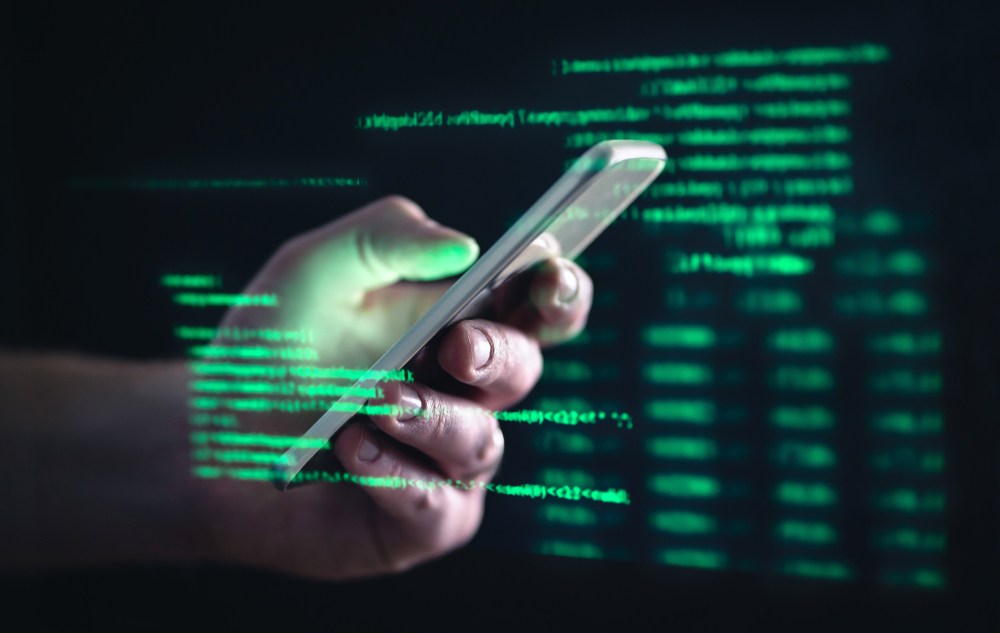73% of office workers in Ireland say staff get blamed for cybersecurity incidents.
Irish employers are holding their staff personally responsible for falling victim to cyberattacks and scams.
New research from Irish managed services business IT.ie and SonicWall found that 73% of Irish office workers believe staff have been held personally responsible for cybersecurity incidents either through disciplinary action or unfavourable treatment.
“While it is on all of us to be vigilant, the average office worker is not a cybersecurity expert; the onus is on business and IT leaders to ensure they have taken every step possible to safeguard their business and people”
29% of office workers report that at least one person in their company has been fired for accidentally causing a breach in the last 12 months.
Critical issues in workplace cybersecurity culture
The research of 1,000 office workers based in Ireland was carried out by Censuswide on behalf of IT.ie and SonicWall, a global leader in cybersecurity innovation.
More than a third (38%) of respondents believe their company ‘always’ holds employees responsible for cybersecurity incidents, while 35% said they do so ‘sometimes’.
“This research shows that businesses are, understandably, under enormous pressure due to the growing threat posed by cybercriminals,” said Eamon Gallagher, founder and managing director of IT.ie.
“However, that pressure is wrongly being felt on a personal level by employees. While it is on all of us to be vigilant, the average office worker is not a cybersecurity expert; the onus is on business and IT leaders to ensure they have taken every step possible to safeguard their business and people.
“Stringent cybersecurity measures will become legally binding for EU organisations who fall under the NIS2 directive later this year. It places the responsibility back on senior leaders to oversee training, security and business continuity measures that ensure that if, and when, a breach does happen, its impact is minimal. At IT.ie, we are helping businesses to prepare for NIS2, as well as the cybersecurity challenges that lie ahead. Finger-pointing won’t help anyone: holistic, proactive steps will.”
The study found that 50% of Irish office workers feel stressed about cybersecurity in their job. This is despite the fact that the majority (60%) of respondents believe employees are not to blame for unintentional breaches and incidents.
The personal toll of causing a cybersecurity breach is so great that almost two-thirds (64%) of office workers said they would leave, or consider leaving, their job if they were to cause a breach. Meanwhile, 79% advocate for organisations providing mental health support to those who fall victim to cybersecurity attacks.
Despite the mounting pressure felt by employees to circumvent a growing volume of increasingly sophisticated threats, the research found that many do not feel comfortable reporting cybersecurity concerns to the relevant people.
More than a third (36%) of those surveyed admitted that they have neglected to report a breach in the last 12 months, with the top reason for this cited as embarrassment, followed by fear of repercussions. Further highlighting a culture of silence, one-in-five said they would not be comfortable reporting a concern to upper management.
“Our research underscores a critical issue in workplace cybersecurity culture,” said Stuart Taylor, regional director for Northern Europe at Sonicwall.
“Blaming individuals for breaches not only fails to address the root causes of cyber incidents but also creates an environment of fear that can restrict transparency. It’s important for organisations to build a positive atmosphere where employees feel empowered to report concerns without the fear of repercussions. As cyber threats evolve, so must our approaches to security—prioritising collective responsibility and proactive measures over a culture of blame.
“By investing in security training, businesses can better equip their teams to navigate the complex cybersecurity landscape and protect themselves from the increasingly sophisticated tactics of cybercriminals. It’s equally important to stay ahead by implementing the latest cybersecurity defences, ensuring comprehensive protection against emerging threats.”
-
Bank of Ireland is welcoming new customers every day – funding investments, working capital and expansions across multiple sectors. To learn more, click here
-
Listen to the ThinkBusiness Podcast for business insights and inspiration. All episodes are here. You can also listen to the Podcast on:
-
Spotify
-
SoundCloud
-
Apple





